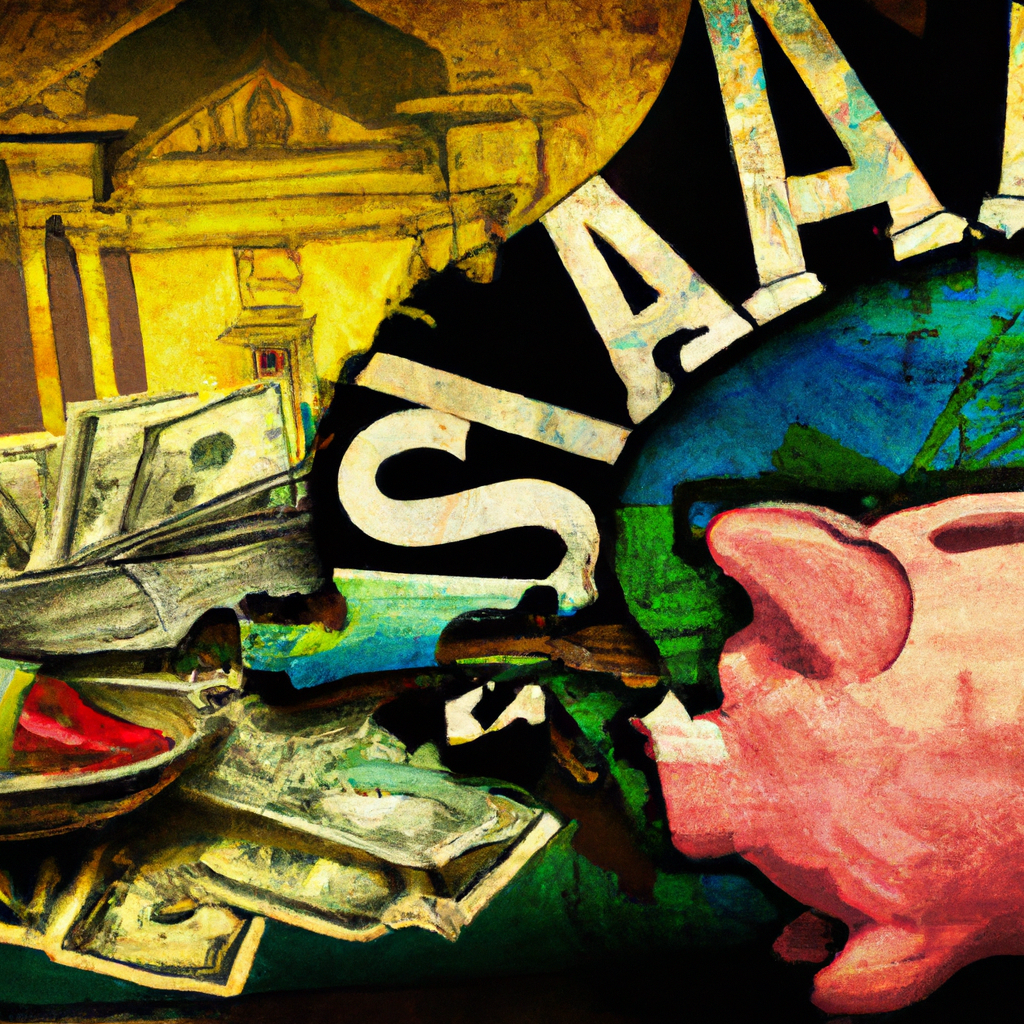In the dim glow of a November dawn, the skies above Louisville bore witness to a tragedy that would send ripples through the corridors of corporate power. A plane crash, claiming 14 lives, became the tragic prologue to a series of strategic moves by logistics giants UPS and FedEx. Yet, beneath the headlines and the corporate statements lies a narrative steeped in economic manoeuvres and strategic realignments.
The crash was a tragedy, an all-too-familiar reminder of the perils of aviation. But as investigators sifted through the wreckage, another story was unfolding in boardrooms and strategy sessions. UPS and FedEx, titans of the logistics industry, announced major operational shifts in the wake of the disaster. On the surface, these changes were ostensibly responses to immediate logistical challenges. However, a deeper dive reveals strategic realignments driven by competitive pressures and economic imperatives.
The Evidence
In the aftermath of the crash, both UPS and FedEx issued statements expressing condolences and outlining operational adjustments. The companies announced rerouting and restructuring measures, ostensibly to mitigate the impact on their delivery networks. Yet, beneath the surface of these corporate communiqués lies a complex web of strategy and influence.
Financial reports and industry analyses suggest that both companies have been under mounting pressure to maintain profitability amidst rising operational costs and competitive pressures from e-commerce behemoths like Amazon. The plane crash, while tragic, provided a pivotal moment to accelerate strategic realignments that were already in motion. The realignment involves not just rerouting packages, but reconfiguring global supply chains and leveraging new technologies to enhance efficiency.
The Pattern
This incident is not an isolated occurrence but part of a broader pattern of how corporations leverage crises to catalyse change. Historical parallels abound—consider how the automotive industry responded to the oil crises of the 1970s by accelerating the development of fuel-efficient cars. Similarly, UPS and FedEx are using this moment to push forward initiatives that would otherwise face significant internal resistance.
Moreover, this situation sheds light on the intricate dance between corporate strategy and market forces. It underscores how businesses not only react to immediate crises but also use them to justify strategic shifts aimed at long-term competitiveness. The logistics giants, by reshaping operations under the guise of crisis management, are positioning themselves to better compete in a rapidly changing global market.
Why It Matters
The implications of these moves are far-reaching. Ethically, they raise questions about the extent to which companies can or should capitalise on tragedies. Socially, these shifts could impact labour markets, as operational changes often come hand-in-hand with job realignments or reductions. Geopolitically, the restructuring of global supply chains by such influential companies could have ramifications on trade patterns and economic dependencies.
This event invites reflection on the accountability of corporations in times of crisis. How do we balance the need for business resilience with ethical considerations? And what mechanisms exist to ensure that the beneficiaries of such strategic shifts do not come at the expense of broader societal interests?
Sources
Salt Angel Blue Verdict: Manipulative — While the crash triggered visible changes, these moves advance pre-existing strategic agendas under the guise of necessity.





